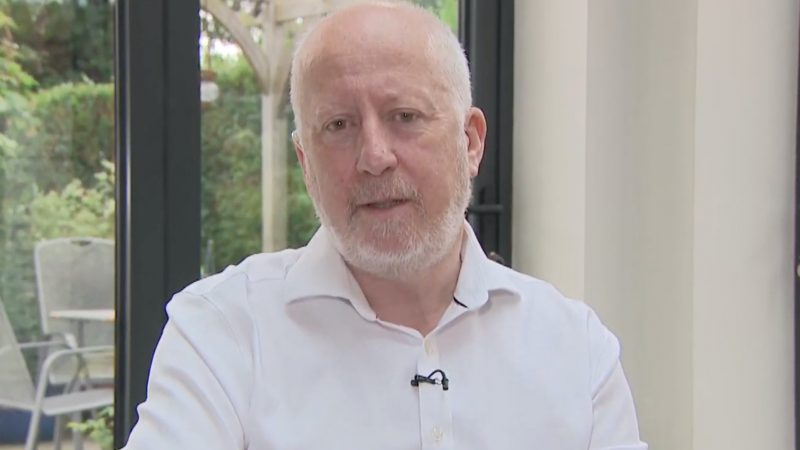
Labour’s Andy McDonald has declared that a four-day working week should be “increasingly trialled with the introduction of more pilot schemes” and cited benefits to wellbeing, the climate and the wider economy.
The Shadow Employment Rights Secretary discussed reducing working hours at an online Zoom event held by the 4 Day Week Campaign this evening, alongside economist Grace Blakeley, the TUC’s Kate Bell and Labour MP Clive Lewis.
McDonald emphasised the importance of non-work time for workers’ mental and physical wellbeing, as well as discussing the possibility that moving the UK towards a four-day working week could improve levels of productivity.
The shadow cabinet member said the large-scale pilots of four-day week schemes could show measurable benefits to the climate, such as improvements in air quality and a reduction in people’s carbon footprint, and the wider economy.
He said: “The potential benefits of a four-day week… regarding the importance of non-work time for our mental and physical health, our sense of wellbeing generally and how this would increase productivity, should in my view be increasingly trialled with the introduction of more pilot schemes.
“And if piloted on a larger scale, it would also enable us to measure other potential reductions in air pollution and overall carbon footprint – obviously vitally important as we seek to address the existential challenges of climate change.”
Labour’s employment rights spokesperson went on to describe the positive impact a four-day week could have on what he called “beleaguered” sectors of the economy, such as arts and hospitality.
He added: “I’m thinking obviously right now about leisure, sports, hospitality, arts and entertainment. If working people have the opportunity of time and the resources to engage in those sectors, the benefits are far-reaching and obvious.”
McDonald said that he hoped more workplaces would look at trialling a four-day working week policy with the shift in working practices that has been brought about by the pandemic.
Labour MP Lewis stressed the opportunity presented by Covid to attendees at the event tonight and argued that “people have seen literally overnight, the government has been funding people to stay away from work”.
He added: “It’s quite clear that there has been substantive change and now the four-day week is something that fits very neatly into that.”
Lewis also emphasised the policy’s benefit to the climate: “There is no amount of productivity gain that is going to allow seven billion people to be able to consume what we’re consuming in this country…
“The four-day week can play a critical part in that narrative about how we can practically begin to disconnect our economy from ever-growing consumption.”
Labour committed at the 2019 election to shifting the UK to a 32-hour week over ten years. Think tank Autonomy produced a report on the pledge, calculating that the policy would create over 500,000 new jobs with a net cost of £3.55bn.
Polling carried out earlier this year showed that two thirds of the UK population support the government exploring the introduction of a four-day week – including 57% of Conservative voters.
Proponents of the policy have argued that it would enable a better work/life balance and consequently improve wellbeing, as well as being beneficial for the wider economy and instrumental in addressing climate change.
Another poll last month, on what people would do with more free time, showed that 53% of people would spend it with family; 39% said they would rest; 38% said they would socialise with friends; and 36% would use the time for exercise.
Update, Wednesday at 1.30pm: Asked about McDonald’s comments, Keir Starmer’s spokesperson said: “As I understand it, Andy was talking in the context of companies voluntarily choosing to reduce hours in the context of coronavirus. Our manifesto will be written closer to the election.”




More from LabourList
‘Labour council candidates – it’s tough, but all is not lost’
‘Labour won’t stop the far right by changing leaders — only by proving what the left can deliver’
‘Cutting Welsh university funding would be economic vandalism, not reform’